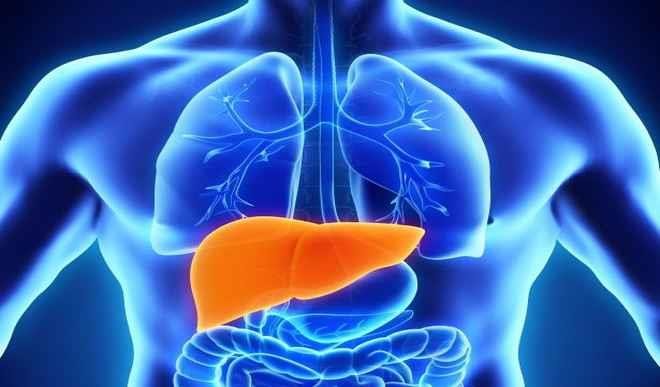The World Health Organization (WHO) has said that 300 people lose their lives daily from liver cancer and other complications related to hepatitis B and C infections in Africa.
WHO Regional Director for Africa, Dr Matshidiso Moeti, made the disclosure in a statement to mark this year’s World Hepatitis Day.
- Nigeria to reduce Hepatitis B in children to 2%
- World Hepatitis Day: How to protect yourself from the disease
The statement was read by the WHO’s Nigeria Country Representative, Dr Walter Kazadi Mulombo.
About 71 million Africans live with chronic viral hepatitis, according to Moeti.
The theme of this year’s commemoration is “Hep Free Future”.
It highlights the importance of preventing mother-to-child transmission of hepatitis B and scaling-up prevention, testing and treatment to control hepatitis B and cure hepatitis C.
Dr Moeti said Hepatitis B comprised 85% of the hepatitis burden in the African region.
She said the most vulnerable time for infection was in the first month of life, and that it could be prevented with hepatitis B birth-dose vaccination in the first 24 hours of life.
She said that achieving, at least, 90% coverage in the region would prevent over 1.5 million new infections and 1.2 million deaths from liver cancer by 2035.
“Hepatitis B can go undetected for years and have devastating consequences,” she said.
The WHO regional boss said, despite the low cost of the hepatitis B birth-dose vaccine, only 13 African countries have introduced it, making it far short of the target of 25 countries by 2020.
She said so far, 15 countries have launched national hepatitis plans, while Rwanda and Uganda have national testing and treatment programmes for hepatitis.
She added that WHO was working with countries and partners to accelerate action towards a 90% reduction of new hepatitis B and C infections and a 65% reduction of deaths by 2030.
“Achieving these goals requires urgent introduction and scaling-up of hepatitis B birth-dose vaccination and leveraging the HIV and syphilis infrastructure to prevent mother-to-child transmission and ensure mothers have access to testing and treatment,” she said.
Dr Moeti warned that the threat of further delays to scaling-up hepatitis B birth-dose vaccination and other essential hepatitis services looms large, with the raging battle against COVID-19.
She said: “People with hepatitis-related complications are at a higher risk of developing severe cases of COVID-19 and must continue to receive essential hepatitis prevention and treatment services during the pandemic and beyond.
“With political commitment from governments and partners, backed by financing and integrated using a health system strengthening approach, and with informed and empowered communities, we can achieve a #HepFreeFuture,” she said.

 Join Daily Trust WhatsApp Community For Quick Access To News and Happenings Around You.
Join Daily Trust WhatsApp Community For Quick Access To News and Happenings Around You.


